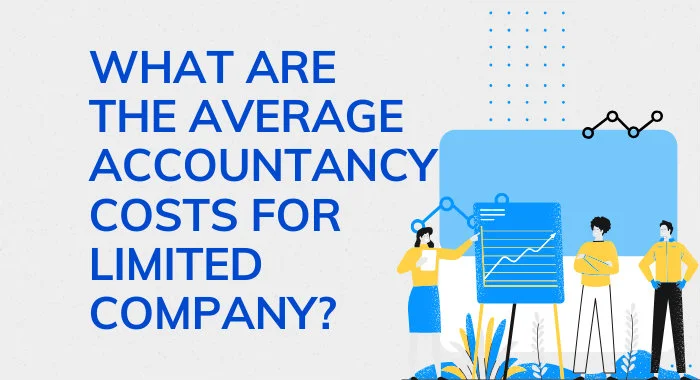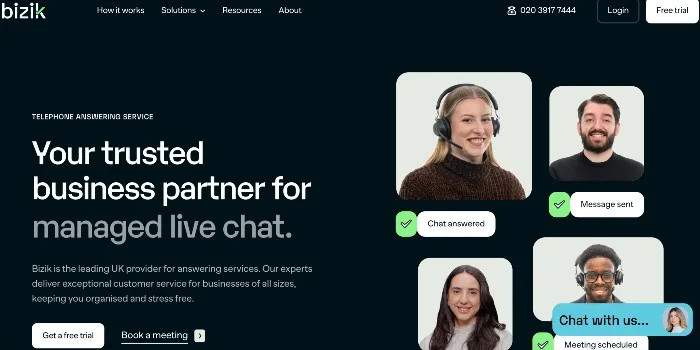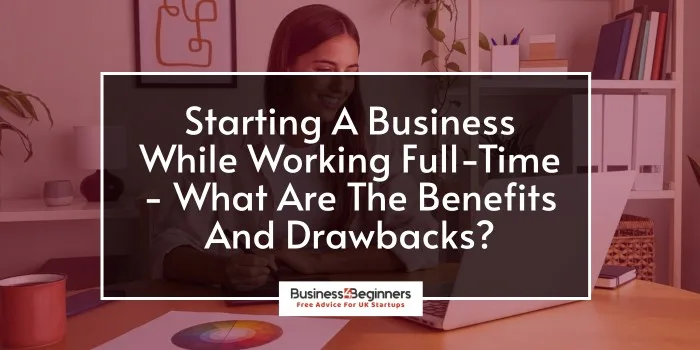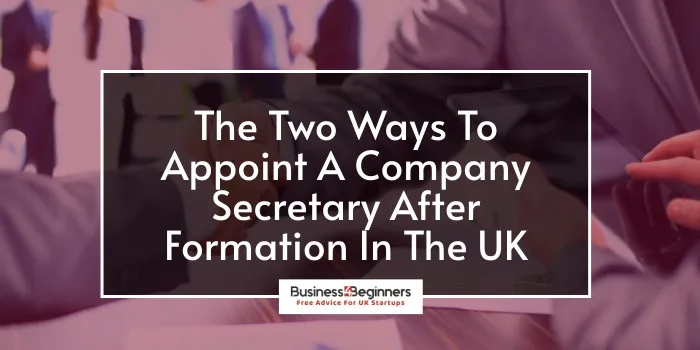Owning and managing a business can be tough. There are countless expenses and procedures that you have to go through, and with limited experience, it’s almost impossible to tell if you’re being fleeced or getting a good deal.
That’s what this guide is for: to let you know what accountancy every limited company needs and how much it should cost you.
What are the average accountancy costs for a limited company?
On average, limited companies can expect to pay these average accountancy costs for the following services:
| Service | Company turnover | Average accountancy costs |
| Business accounts | £20,000 to £30,000 | £150 |
| £100,000 to £130,000 | £400 | |
| £250,000 to £300,000 | £600 | |
| Payroll services (such as PAYE | 50 employees | £200 per month |
| 100 employees | £500 per month | |
| Director’s tax return | £300 | |
| VAT returns | £0 to 100,000 | £100 |
| £100,000 to 200,000 | £150 | |
| £200,000 to 400,000 | £200 |
That is an average though, and the boring and rubbish answer is that the exact figure will depend on various factors, including annual turnover, whether you’re VAT registered or not, your size and staff and so on.
Not all limited companies are the same. This means that accountancy costs for limited companies are going to be different. It also depends on whether you want to hire a professional to take care of all of it for you, or if you plan on saving costs by doing it yourself.
EXCLUSIVE OFFERS – Save On Your Accountancy Costs
A big factor that will affect how much you pay is how organised your books are. The more you have things in order, the less time it will take your accountant and so the less they’ll charge.
That’s why we strongly recommend using software to keep your books in order. You can see which ones we recommend in the table below…
How much do accountants charge for limited companies in the UK?
Hiring someone to look after your business finances has its perks, but it might make the accountancy costs for a limited company a bit higher than expected.
On average, you can get packages that start at around £40-100 a month. This would include basic services such as:
- Completing your company’s annual accounts
- Submitting quarterly VAT returns (if you are VAT registered)
- Managing any correspondence from Companies House
- Processing payroll for you and any other staff members
- Corporation tax return
- Advice on business structuring or company set up
- Registering your business with HMRC
- Access to apps
These packages are recommended for smaller limited companies, or those just starting up.
It can cost up to £200 a month to hire an accountant to complete the following services:
- Quarterly accounts management and planning
- Employment contracts
- Fee protection insurance
- Completing tax returns for employees
- Processing payments to HMRC
If you need any more services, be prepared to pay up.
Do you really need an accountant as a limited company?
It’s not a legal requirement to have an accountant as a UK business. The only requirement as a limited company is to make sure that your annual accounts are completed accurately and on time. If you miss this deadline, you’ll be fined a minimum of £100. This fine increases the later it is, with added interest sprinkled on top.
And that’s just if it’s late. If you’ve made a mistake or incorrectly filed your records, you could be put under investigation by the HMRC and seriously fined.
These are part of your legal responsibilities as a limited company, which could be combined with any extra legislation that you might fall under. For example, if you employ people, then you will be required to set up and pay your employees through a PAYE system.

Accountants are a great way to help with the above – and much more. Working with an accountant takes that stress away even if it means you have to pay accountancy costs for a limited company. They have the knowledge and experience to look after your financial records and file any tax returns before the deadline, so you know the HMRC will never fine you.
If you’re not convinced, you can discover more benefits of hiring an accountant here. We can also help you find the right accountant, with our list of questions to ask before hiring an accountant to ensure that you’ve got the right match for your limited company.
Lost the buzz for your business?
Starting a business is exciting. Succeeding is rewarding. The bit between is hard, repetitive, and full of self-doubt.
The Lonely Middle Club (From Business4Beginners) helps you through it:
Get support and advice from other small business owners
Remove the self-doubt that’s holding your business back
Learn techniques and strategies to grow your business faster
Be inspired with our exclusive ‘swipe’ file and AI-powered tools
No pressure – work at YOUR pace, towards YOUR goals
—
Do I need an accountant to do my taxes?
The short answer is no. You don’t need an accountant to do your taxes.
They may have the knowledge and experience to take care of your financial reporting requirements for you. But that doesn’t mean you have to use them.
If you want to save some of your budget and take a more hands-on approach, there are countless online accounting software that’s available for every beginner to do it themselves. This means you can keep your accountancy costs for your limited company lower and have a higher degree of control.
How to reduce your accountancy costs as a limited company
If the average costs aren’t looking great for your budget, there are ways to trim the costs by reducing the required services needed from your accountant (and keeping your accounts in a healthier state!).
Start saving money with these quick tips.
1. Make sure you’re using accounting software
Accounting software is a lifesaver for businesses. By connecting to your accounts, it’s a paperless and automatic way to keep track of your finances without having to keep a mountain of receipts in your office.
If you haven’t already signed up, take a look at our accounting software recommendations for your business here.
Plus, when it becomes time to file your returns, your accountant can just log into the software to pull all the information they need in a fraction of the time. That’s fewer hours billed and less stress for you.
EXCLUSIVE OFFERS – Save On Your Accountancy Costs
2. Trim the services
A lot of accountancy plans charge a large blanket sum, packing all the services you could possibly need under one plan. That’s great – if you’re actually using those services. Before you agree to a plan, you should look at all the services offered and really think:
- Do you need this?
- Is this the best provider of the service?
For example, one service offered in accountancy packages is tax planning and consultancy. Sounds important… but unless you need tax advice, this expensive add-on might not be needed. And if you need tax planning, would you rather get it from your accountant (who might not have a dedicated tax team) or a tax specialist?
3. Be proactive
If you leave everything until the last minute, your accounts become a very stressful rush to get them submitted accurately before the deadline. In extreme cases, you might be charged extra if your accountant has to work overtime to prepare your accounts before the deadline.
However, if you start preparing early, you can help ensure your accountant has everything they need to fill your accounts, reducing the hours spent organising them. Moreover, if they’re not rushing to submit, they might have time to find alternative tax advice or arrangements to help lower your overall tax bill. Result.
Speaking of being proactive, make sure that you reply to your accountants as quickly as (realistically) possible. No one likes waiting for information. Including your accountants. If they have to get in touch to chase information from you, then you’re wasting time and resources that could be spent on your accounts.
4. Question every meeting
Some accountancy plans charge for arranging meetings every month, or quarter. If your plan has one of these clauses, then you need to question if you really want to meet so often.
Can you cut it back or swap it for an email? Unnecessary meetings are so last year.
Still want to save costs? Do your own accounting
If you still want to cut accountancy costs, then it may be best to carry out your accounting by yourself. After all, having an accountant is not a legal requirement, so no one is stopping you from going it alone.
Before you do though, we’d remind you that although having an accountant can be expensive, it could be worth it in the long run if they are saving you a lot of time, stress and know-how by getting your accounts in order.
If you’re not convinced, read on for some tips on how to handle your accounts yourself.
How to do your own accounting
Want to cut costs? Here are the quick 3 steps to master the DIY approach.
1. Learn the basics of managing your own accounts
You can’t take care of your own reporting without learning the basic knowledge first.
Every business has legal obligations to keep their books up to date and provide information such as:

- Income and expenses, which means receipts for expenses you have made and invoices for work that has been delivered.
- Self-assessment income tax forms and assessments, which is based on your income from your business.
- Quarterly VAT-returns and payments if you are VAT registered.
- Income tax and national insurance for any employees that you might have.
That may look like a lot, but once you break it down it’s simpler than it looks. Learn how to keep on top of your books with our basics of bookkeeping guide here.
2. Find accounting software right for your company
If you’re wanting to take your accountancy costs for limited company into your own hands, having your own software gives you a place to securely store and manage your records without much effort.
Prices for accounting software vary but are roughly between £8-20 a month. That’s a whole lot cheaper than hiring a professional.
We recently put together a guide on the best accounting software for self-employed businesses. We ranked these based on their features, price and ease of use, particularly as self-employed businesses are likely to have less time and experience needed.
If you want to see the best and most affordable software on the market, that’s the place to start.
3. Double-check and don’t miss a deadline
Late or incorrect tax returns can lead to a whole heap of trouble. Once you’ve got a handle on bookkeeping and how to use your bookkeeping software, remember to give your records a double or triple check to ensure everything is right.
That extra bit of time and attention now is a lot better than possible fines in the future.
So, how much can you expect to pay on accounting?
Again, the accountancy costs for limited company depend on the size of your business and the services that you need.
If you choose to hire a professional for stress-free returns, it can cost you between £80 a month for a standard package, up to £200 for added services.
EXCLUSIVE OFFERS – Save On Your Accountancy Costs
If you choose to do it yourself instead, you’ll just need to pay for the accounting software that you use. This will be between £8-20 a month – plus the time that you need to dedicate to inputting the data and making sure it’s right.
Top-Rated Accounting Software:
| Accounting Software | Cheapest Package | Ease Of Use | Our Rating | Review | Official Site |
|---|---|---|---|---|---|
 | £33/mo | Excellent | 9.4 | Read Review | Visit Website |
 | FREE | Outstanding | 9.3 | Read Review | Visit Website |
 | £16/mo | Excellent | 9.3 | Read Review | Visit Website |









